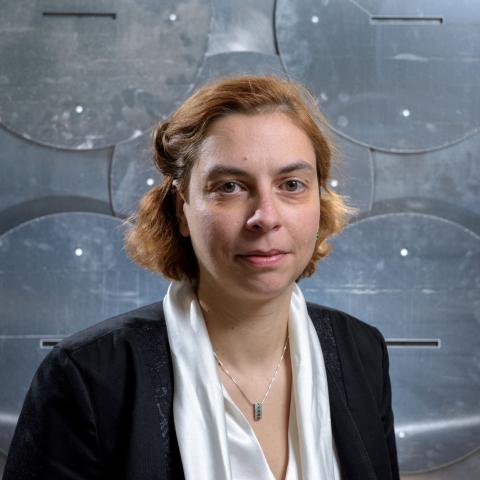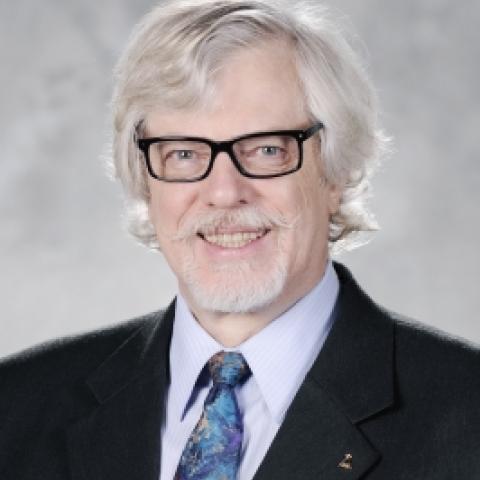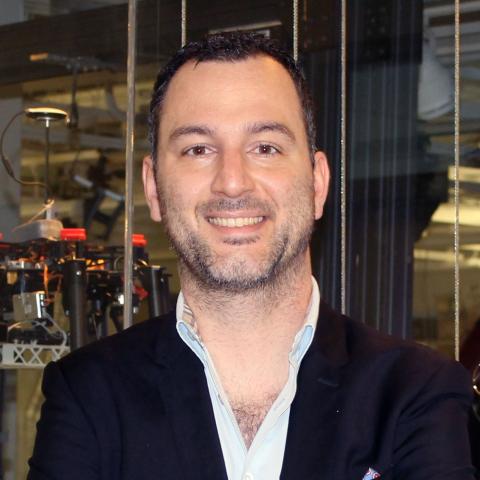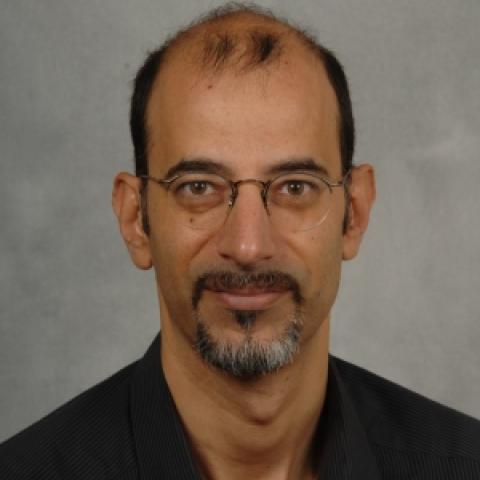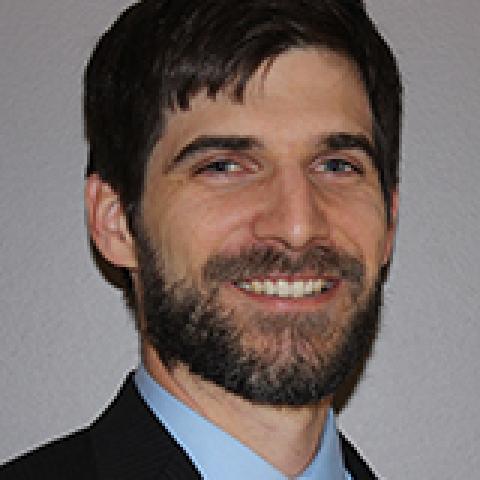Ye Zhao
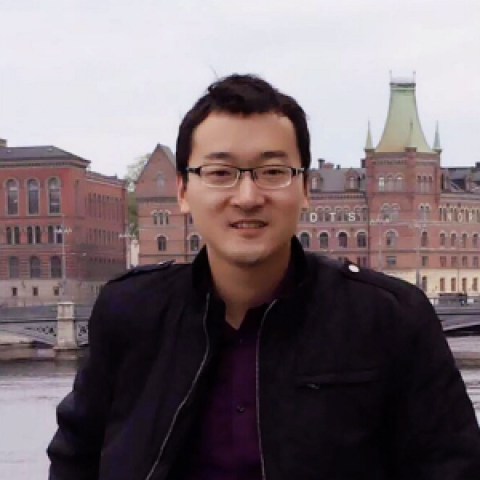
Dr. Ye Zhao started as an Assistant Professor at the George W. Woodruff School of Mechanical Engineering in January 2019. Previously he was a Postdoctoral Fellow at Harvard University and obtained his Ph.D. from UT Austin, where he worked on robust motion planning and decision-making for robot manipulation and locomotion problems with frictional contact behaviors. At Georgia Tech, he directs the Laboratory for Intelligent Decision and Autonomous Robots. His research interests lie broadly in planning, control, decision-making, and learning algorithms of highly agile, contact-rich, and human-cooperative robots. Dr. Zhao is especially interested in computationally efficient optimization algorithms and formal methods for challenging robotics problems with formal guarantees on robustness, safety, autonomy, and real-time performance. The LIDAR group aims at pushing the boundary of robot autonomy, intelligent decision, robust motion planning, and symbolic planning. The long-term goal is to devise theoretical and algorithmic underpinnings for collaborative humanoid and mobile robots operating in unstructured and unpredictable environments while working alongside humans. Robotic applications primarily focus on agile bipedal and quadrupedal locomotion, manipulation, heterogeneous robot teaming, and mobile platforms for extreme environment maneuvering.
Robotics; Formal Methods; Optimization; Robust Motion Planning; Control
